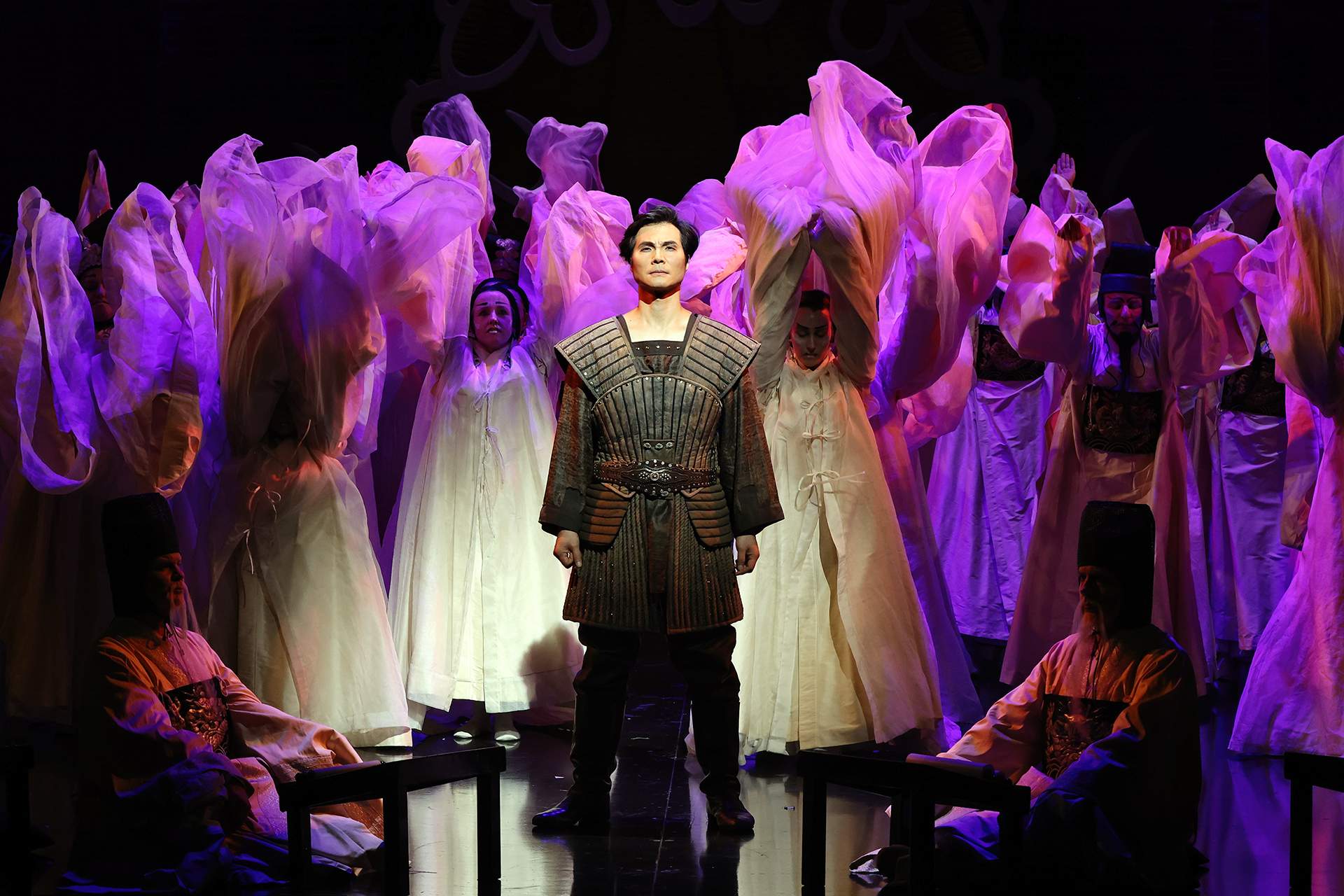
Here's Why Puccini's 'Turandot' Is One of the World's Most Enduring Operas, According to the Australia Production's Assistant Director
We have grown all too familiar with the comfort of our streaming screens. So much so, it is easy to forget about the tradition of opera. You may even think it is irrelevant in modern society — but you'd be wrong.
We sat down with Warwick Doddrell, the assistant director of Opera Australia’s Turandot, which is currently playing at the Sydney Opera House. And it’s safe to say any preconceived notions of opera being a dated artform were quickly refuted during our chat with him.
In fact, Turandot seems like the perfect antidote to our distracted, screen-heavy, desensitised state. It demands a certain presence. Here, we explore why this classic Puccini production is more relevant than ever.
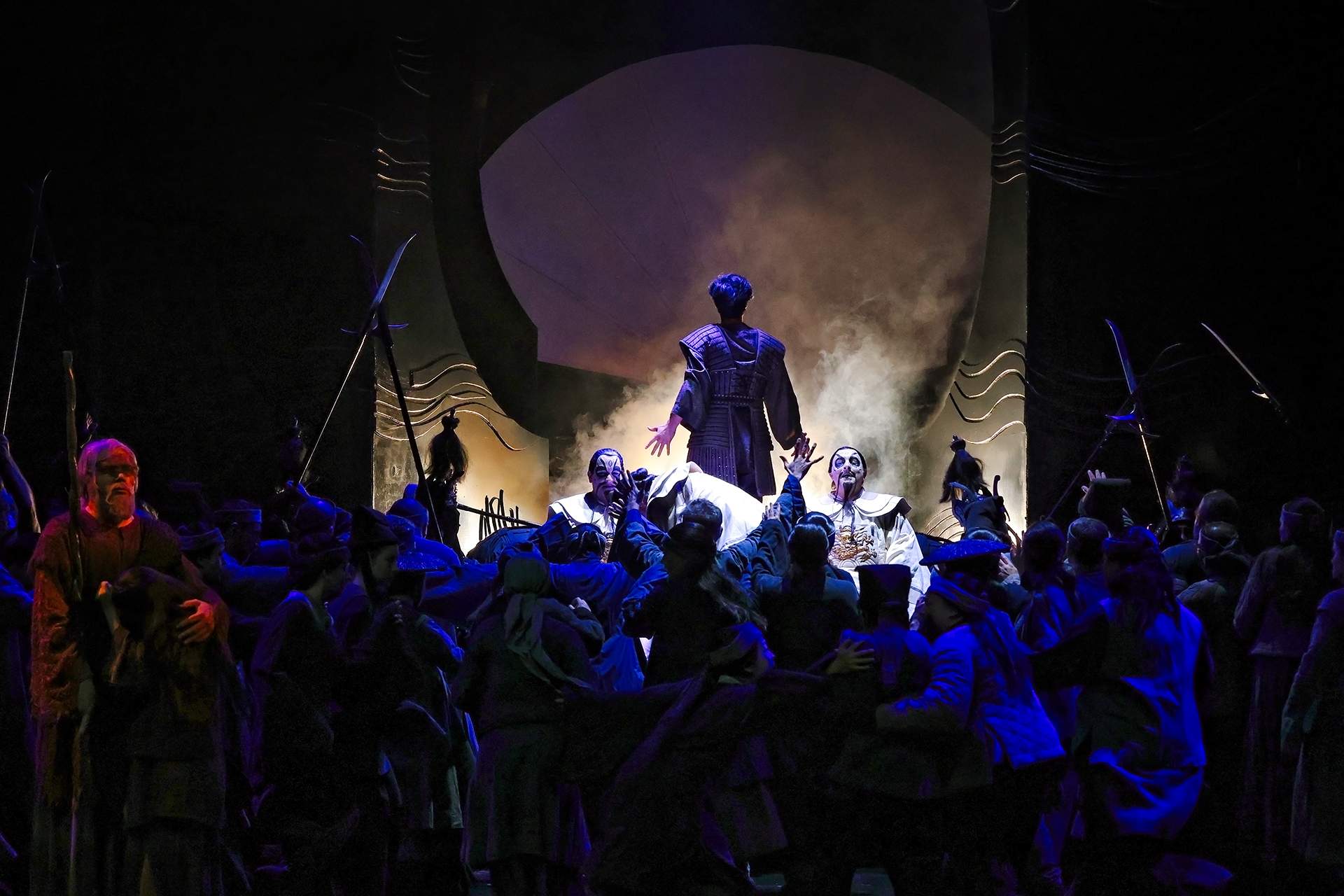
A Compelling Story
You might recognise Turandot’s signature aria ‘Nessun dorma’. It was made famous by Pavarotti during his exceptional performance at the 1990 FIFA World Cup.
“It is the most successful opera recording of all time and to hear that performed live in front of you, in context, is just incredible,” Doddrell tells us.
Although leading tenor Ivan Gyngazov’s performance of ‘Nessun dorma’ is perhaps reason enough to see Opera Australia’s Turandot, Doddrell assures us that the production has so much more to offer thanks to a compelling story that stands the test of time.
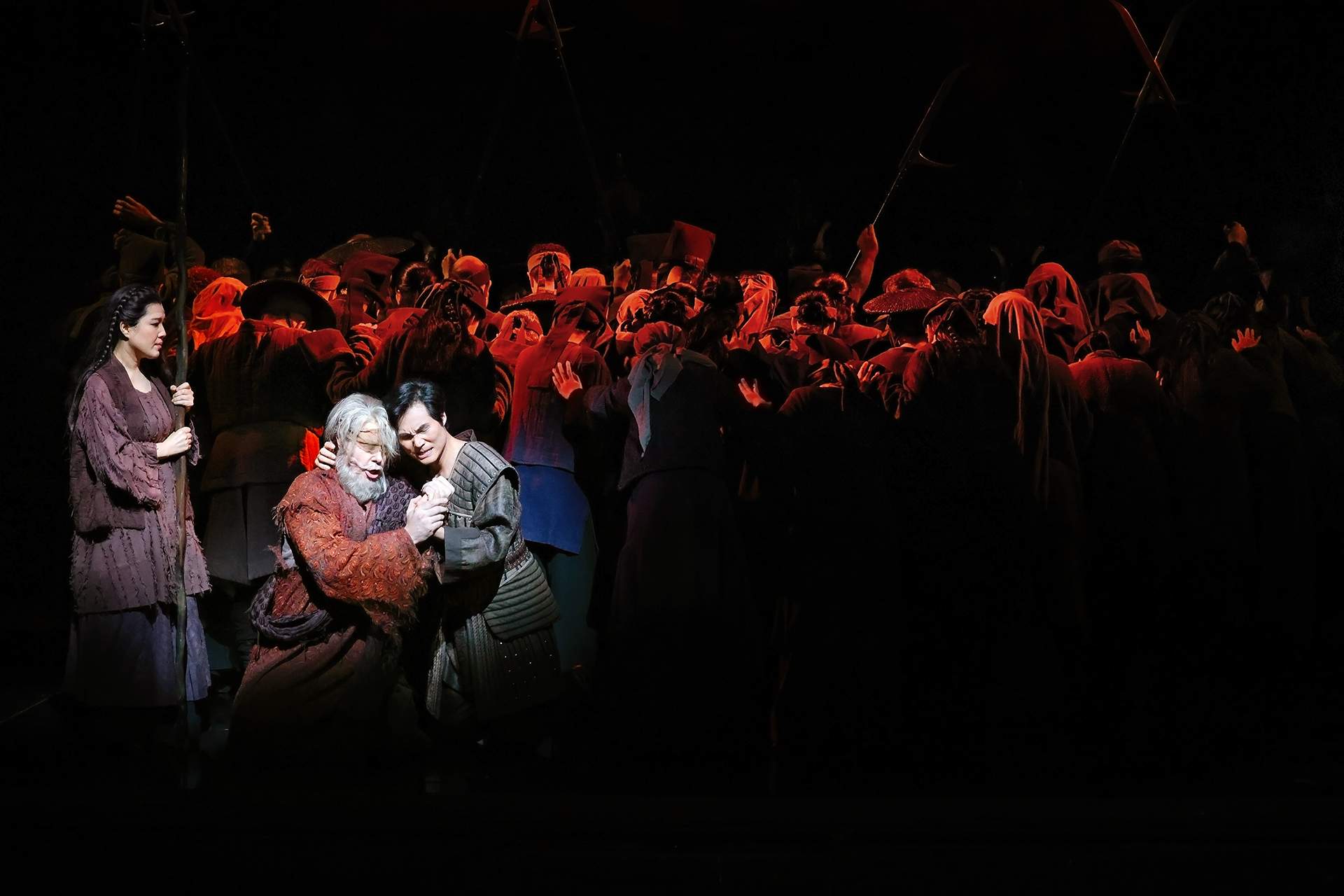
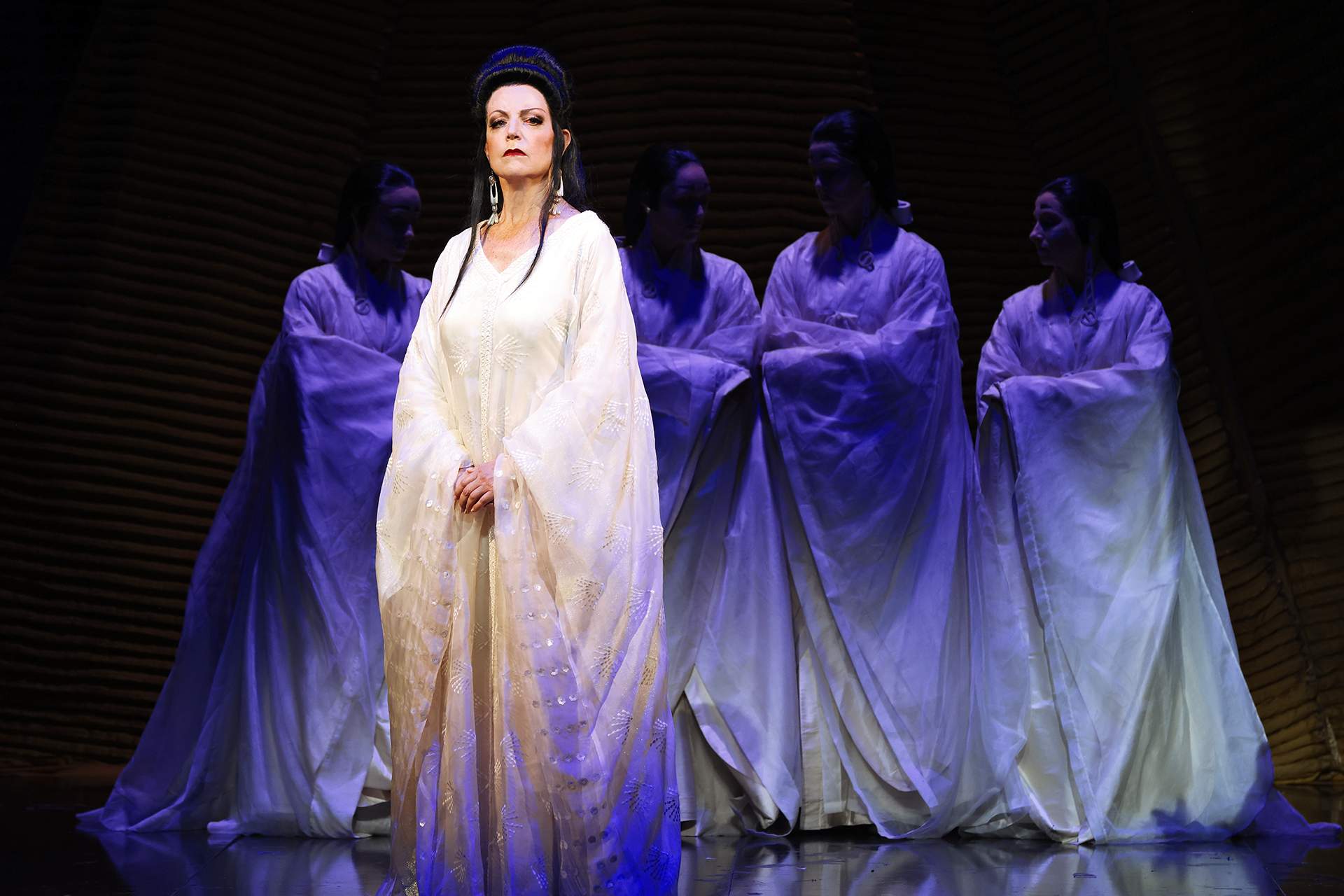
Turandot tells the story of a princess who sets a challenge to her many suitors. Anyone that successfully answers her three riddles will gain her hand in marriage, but those who fail die. Many have tried and failed until an unknown prince named Calaf takes up the challenge.
“It is a timeless story set in a fairytale mystic land described as legendary China,” Doddrell tells us. “So it opens itself up to this really incredible fantasy world where there are big musical themes and larger-than-life characters that can carry philosophical questions about who we are and what we believe in.”
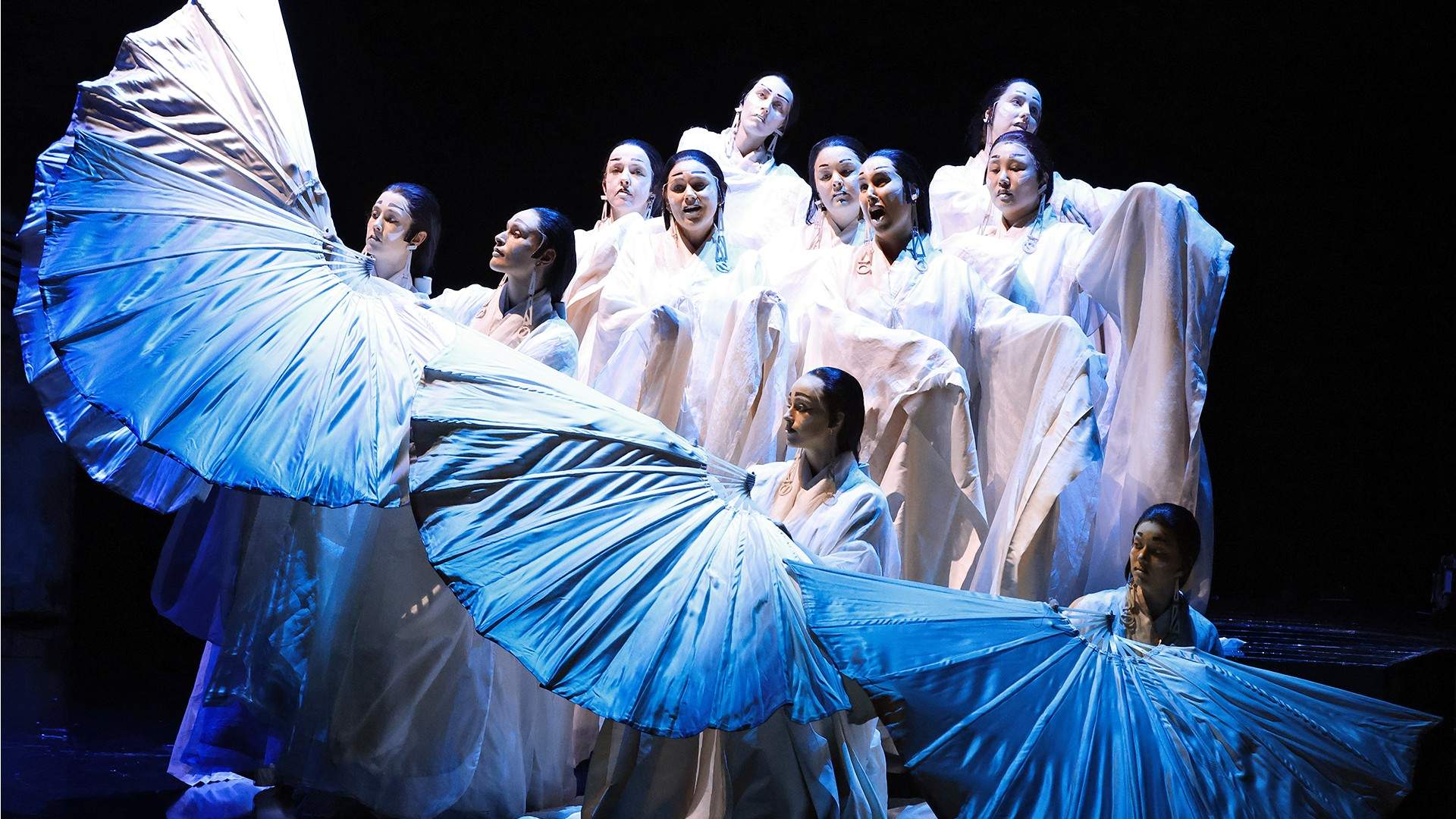
Open to Interpretation
Puccini died before he finished writing Turandot and the last two scenes were completed by another composer — leaving many dissatisfied with the opera’s conclusion.
“The piece has three riddles within it but, in a way, the piece itself is a riddle because the ending isn’t necessarily Puccini’s ending. Turandot has so much freedom for interpretation because it isn’t real, because it’s unsolved. I find it really quite exciting to make sense of it in today’s context,” Doddrell explains.
Doddrell tells us Opera Australia’s interpretation comes from director and choreographer Graeme Murphy AO’s highly physical work that departs from traditional depictions of the classic opera. Doddrell says there is a “dreamlike quality where Murphy uses the chorus to make incredible images on stage. He has married such incredible choreography to the music in a way that just moves you”.
He describes the large-scale production as a “spectacle with incredible costumes and lighting that all come together to really lift up the music to tell this story. The magic really comes alive before your eyes”.
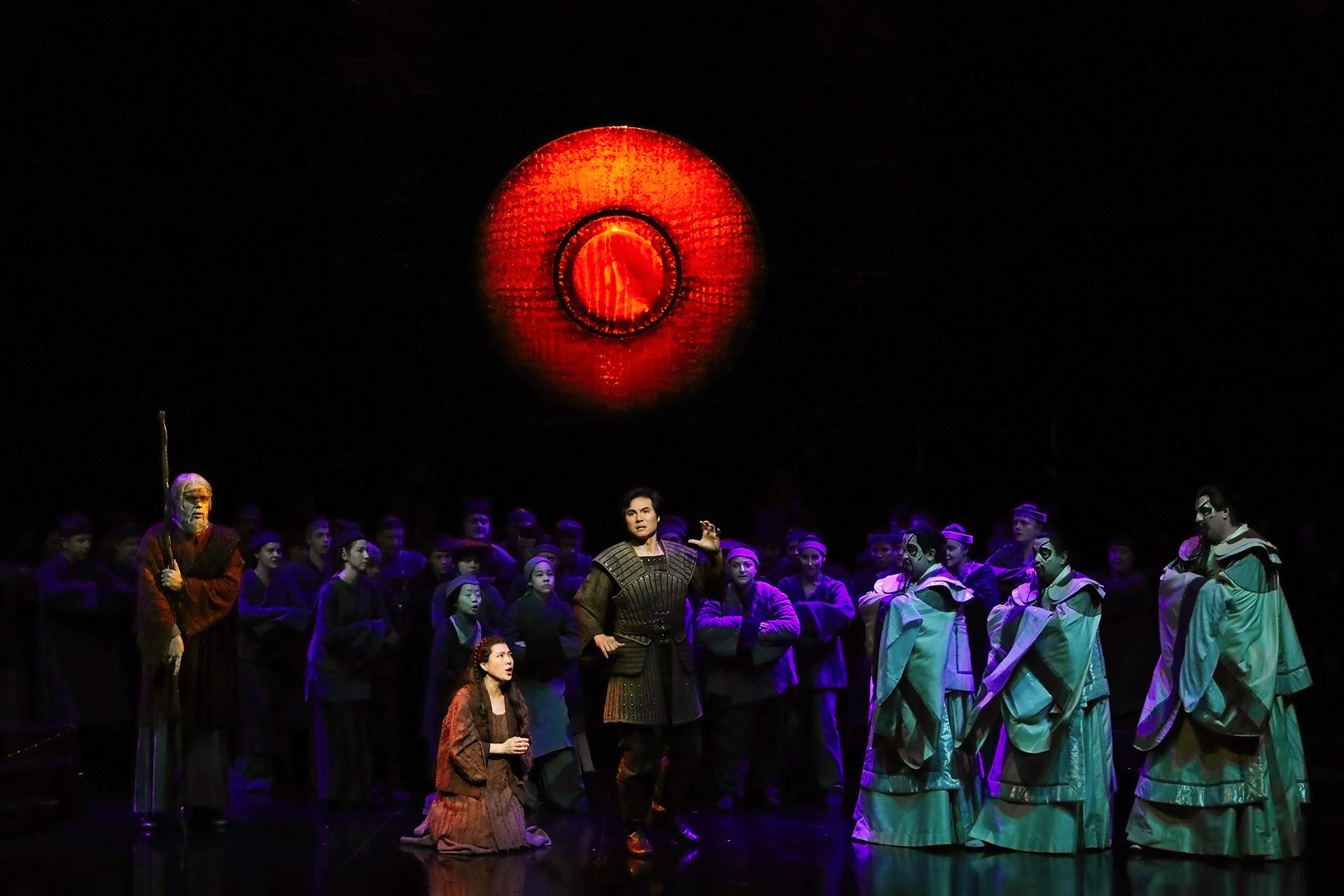
Accessible to All
If you still feel sceptical about a night at the opera, Doddrell ensures us that Turandot is the perfect introduction for anyone who is curious. The cast and crew have ensured it stays relevant to a contemporary audience.
The lyrics are sung in Italian but there are English subtitles displayed on the screens, so you won’t be struggling to follow the narrative. “It is also really fast…the show itself moves quickly,” Doddrell explains.
On a deeper level, Doddrell thinks the message of Turandot now seems more important than ever. “One of the reasons why I think it is so enduring is because of this eternal question of love versus hate. It argues that we need love, we need to have more love for each other to solve our problems. Hate in the story becomes a cycle…this production is about how we break that cycle which I think resonates in the world we live in today that can be so divided.”
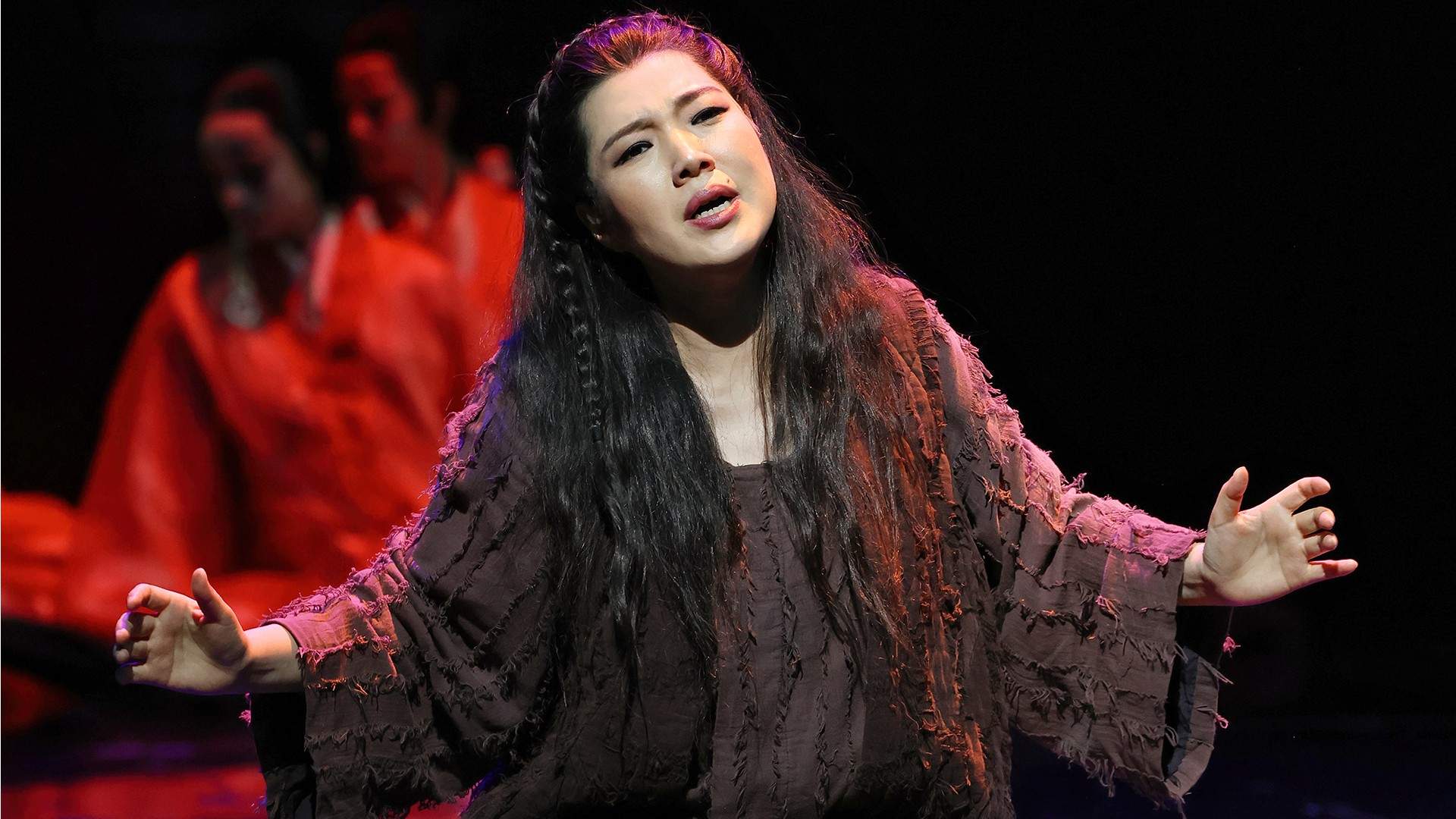
A Visceral Experience
“After being trapped in your room watching television for two years, to feel the orchestra hit you in the room and feel all those voices singing out loud is just a phenomenal experience,” Doddrell says.
Doddrell describes Turandot as giving a sense of “sheer liveness”. It combines raw and unamplified sound with visual imagery to encapsulate the viewer in a way that cannot be replicated by a screen.
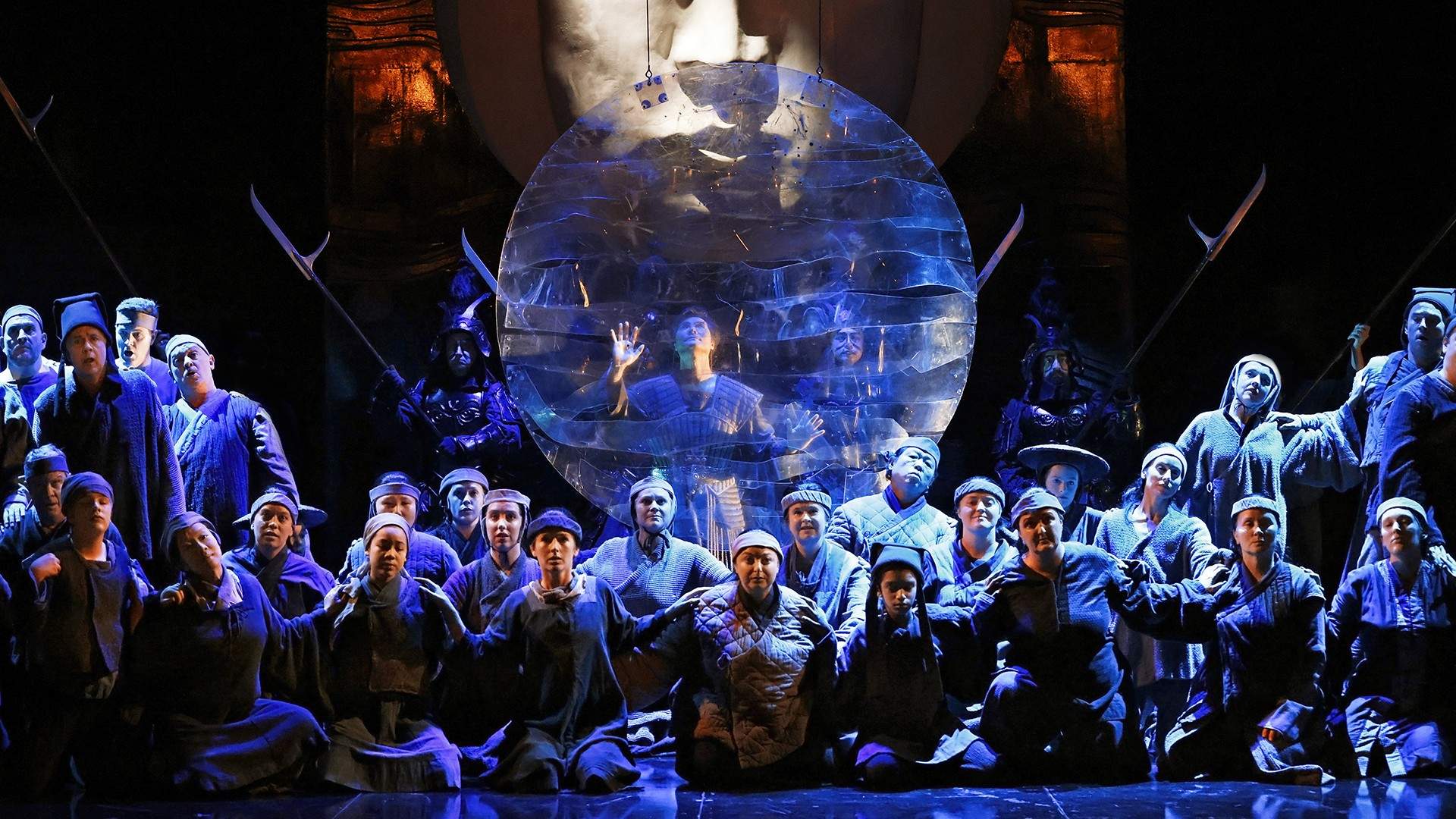
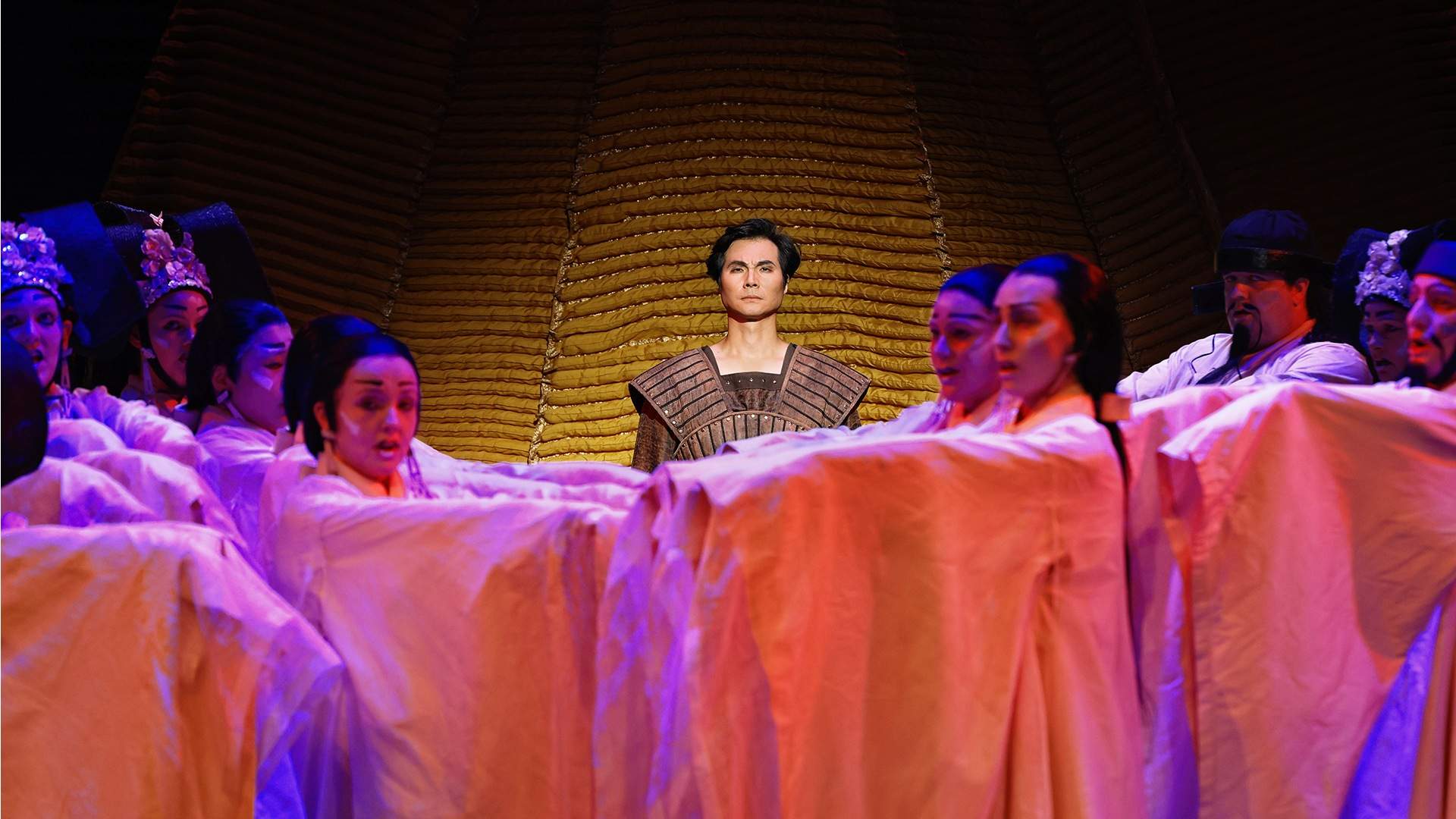
Turandot is a refreshing break from our screen addiction as we search and constantly digest stories. Perhaps it is time to partake in a different kind of story.
“Sure, streaming stuff is great, but it’s nothing like being in a room when you can physically feel the opera singers hitting you with their sound,” Doddrell says. “It affects you differently, having that experience reaches out to people and connects with them in a way that they leave feeling something.”
And after a rough couple of years (especially for the arts industry), it is important to stay connected to each other and to the talent that keeps our creative scene thriving. As Doddrell beautifully puts it: “I am so hungry to be around life of whatever kind, around live stories and music. I hope other people feel that hunger as well.”
Opera Australia’s production of Turandot is running at Joan Sutherland Theatre until March 14, 2022. For more information and to purchase tickets, visit the Sydney Opera House website.
Images: Prudence Upton.